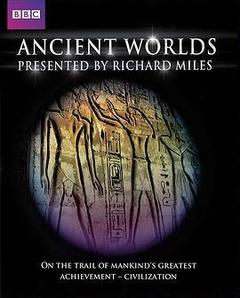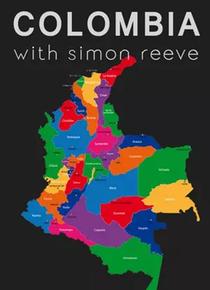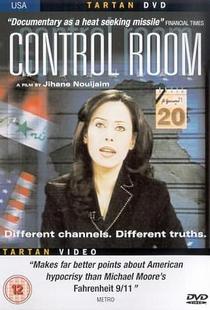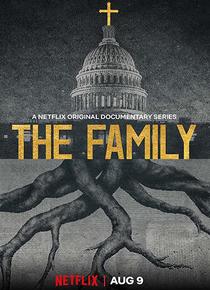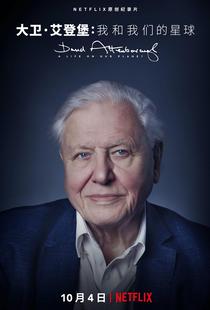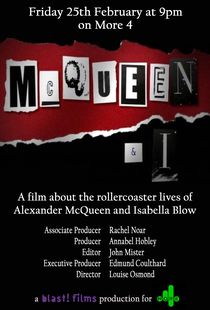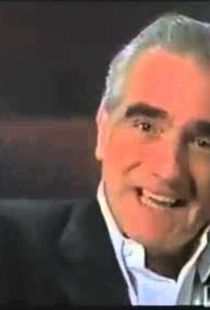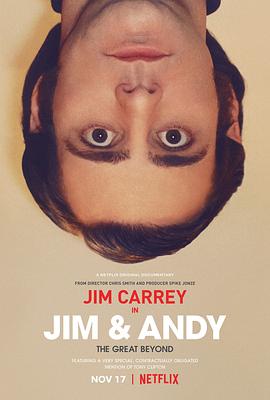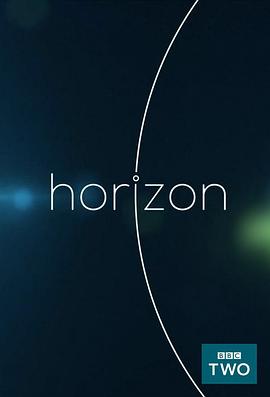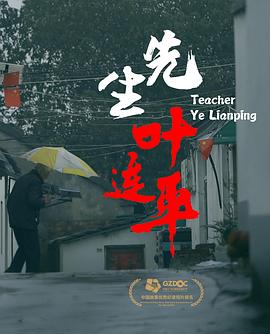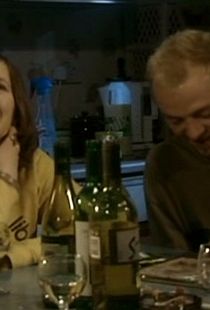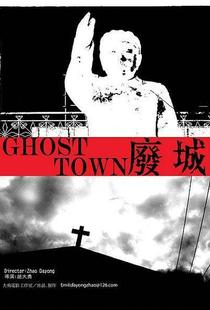Ancient Worlds is about people and places, politics and economics, art and war, trade and technology, but above all it’s the story of the painful birth and difficult growth of a radical idea first tried and tested some six thousand years ago, and which we[展开全部]
Ancient Worlds is about people and places, politics and economics, art and war, trade and technology, but above all it’s the story of the painful birth and difficult growth of a radical idea first tried and tested some six thousand years ago, and which we are still struggling with today; civilisation. Civilisation has not come easily; it’s something we’ve had to fight hard to achieve, and even harder to maintain, and the greatest threats to it have come from our own talents for destruction. But when we’ve managed to get it right, the benefits have been enormous. When we talk about the ancient world we tend to think of rare and exotic artefacts or the monumental remains of epic architecture; but these are just the empty shells that got left behind when the tide of history turned! The living creatures, the civilisations, that once inhabited these shells were rarely if ever static or stately; they were dynamic, chaotic, and always threatening to spin out of control, because civilisation is based on an improbable idea; that strangers can live and work together in dense urban settings, forging new allegiances that replace the natural ties of family, clan or tribe. It’s an idea we’re still coming to terms with today, but one of the best ways to understand the challenges that are involved is to look at how our ancestors tackled them the first time around. From ancient Iraq to Imperial Rome, Ancient Worlds examines how our ancestors struggled with the levers of religion and politics, art and culture, war and diplomacy, technology and trade in order to keep the complex machinery of their civilisations turning over. Their insights and blind-spots, their breakthroughs and dead ends, their triumphs and disasters are the milestones on the long and winding road that leads directly from their ancient to our modern world.《古代世界》下载观后评论:西方人对历史的划分一般是古代Ancient、古典Classical、中世纪Medieval、近现代Modern四阶段,“古代”专指希腊罗马以前的阶段包括埃及、巴比伦、亚述、赫梯、波斯等,这部片子把古代和古典合并成了广义的古代,一直讲到西罗马帝国的崩溃。第一集,全世界人民大团结,青铜时代遍布地中海世界的城邦和帝国;第二集,铁器时代,公元前1200年左右,全世界的黑暗年代,北方游牧民和海上民族暴击以往的城邦是整个亚欧大陆的普遍现象,青铜时代的城市相继覆灭包括克里特—迈锡尼、乌加里特等;第三集,希腊那些事儿,跨过黑暗时代,沐浴着古风时代的1500多个希腊城邦像青蛙一样点缀在地中海沿岸和内陆,为人类的生活方式提供了多种可能性;第四集,王者归来,直男亚历山大大帝;第五集,共和之美德,文明这个词来自拉丁语的“耕作”;第六集,上帝之城。最近连续看了古代世界,欧洲故事和伟大的非洲文明,各6集的片子。那些曾经的伟大,现在只有遗产了,只有不断进步的国家或者组织才能活的持久些。现在还有遍地遗产的罗马帝国,有强大的军事力量和工程能力,统治制度也很先进,活的很长久,但是当他们懈怠的时候,寿命也就到头了。地理上的分割,把中国和西方隔绝,地区之间文明的传递如何进行,还是早期就完全没有文明的传递?世界历史中,中西文明的关联,不会只有丝绸之路。达达尼尔的烈日当空,雄鹰展翅于美索不达米亚平原和尼罗河的滩涂,青铜时代被主持人巧妙地形容成恐龙般庞然大物。而由于它们的fragility,他们说,在文明的边缘出现了像小型哺乳动物一样的the sea people,灭亡上古世界之时,方生出被称作Greekness的品质。而后一千年,在Roma pax繁华纵欲的沉寂中,新兴崛起的世界精神又欲将历史拖向又一个低谷……从而彻底终结古代世界。“Come together”, “The Age of Iron”, “The Greek Thing”, “Return of the King”, “Republic of Virtue”, “ City of Man, City of God”. 文明总是和战争如影随形。一流的摄影和解说,引入遐想的非凡时空之旅。有无亚历山大和托勒密的电影可看为什么基督教选择了罗马却让它衰亡 奥古斯丁想出的答案是人间之城是堕落的存在 只有前往上帝之城才能获得极乐想到一点 如果有超越他人的崇高的目标 就可以忍受一切 只想着渡过当下 不断逃避 就不会长久 用死后的无法印证的诺言换来统治下生前的如羊般驯顺虔诚亚历山大把希腊文明带到印度之后的文化融合,这部分知识还是第一次get,佛像的造型真的是受到希腊雕塑的影响啊……微妙。整个系列的剪辑还是很有水准的,一些吃瓜群众和猫猫狗狗的镜头做的挺有意思,虽然有点流水账,但毕竟标题太大,做深度了得要100集了吧。第六集的前半部分拍的好这部BBC质量很高,既有对现代社会的反思,又有对古代世界的探寻,更有精雕细琢的解说词。“文明也许有时天马行空,但更多时候是脚踏实地。”“考古学对人类文明的起源争论不休且互相排斥,这当然也是现代文明冲突的余波。”不知道英文原版啥感觉,我看的这个国配版真是超棒棒!看过《BBC 古代世界》:终于看完....作为纪录片信息丰富,逻辑通畅,态度也比较客观,主持人虽然长得欠揍但讲得特别清晰,没废话都是干货,还黑了下自己动手能力差所以去学文科2333 除了罗马部分结束得有点莫名和突兀外其他都不错遗迹文物的画面不够多,大量的专家讲解镜头也就算了,还有很多现代社会镜头让人出戏。斯巴达人男女关系如此独特,是道德的沦丧还是人性的扭曲。马其顿帝国带来的希腊艺术家赋予佛像人类的面孔,甚至佛教教义与希腊哲学思想有直接的联系。应该叫欧洲古代世界更准确些吧。很多事情都草草交代了个概况,比如亚述,众所周知美索不达米亚文明几乎可以简化为巴比伦+尼尼微两个符号,而亚述这个横霸三大洲的暴力帝国是如何衰落的,为什么衰落后又能一次次的死灰复燃?只看了第四集,给第四集打四星,其实这一集不是主要讲Alexander the Great的,而是讲他及他的遗产对希腊文明发展延续的影响的…这样理解的话就完全不会觉得大篇幅地介绍托勒密和亚历山大城跑题了…基本上世界古代文明史也就只是歐洲史,亞洲及非洲因為傳承的習性,並沒有對全球大陸發展產生重要影響,這片子主要都是圍繞文明及社會的更替,對公元之前的國度會更感興趣一些,古希臘一直是我最愛的文明。噗,我就是试了一下...想不到豆瓣上还真有BBC的纪录片...吓尿了....好吧,这部较无聊..不过关于civilization有很多提纲挈领的观点....看完这个...能学到很多[收起部分]
